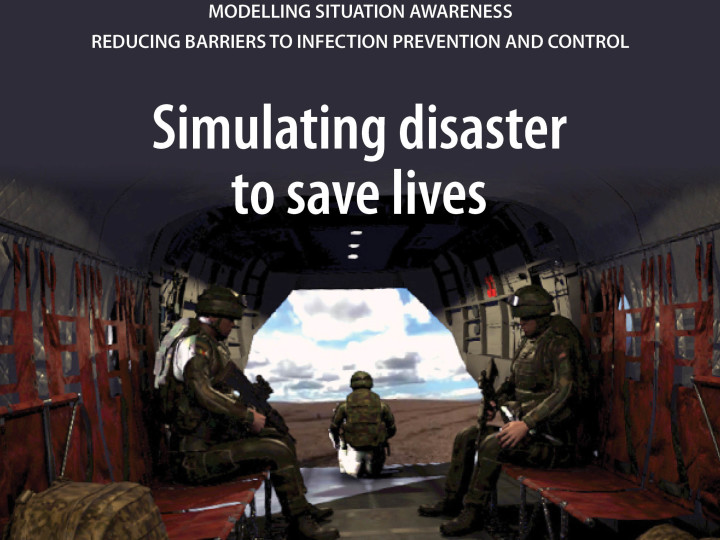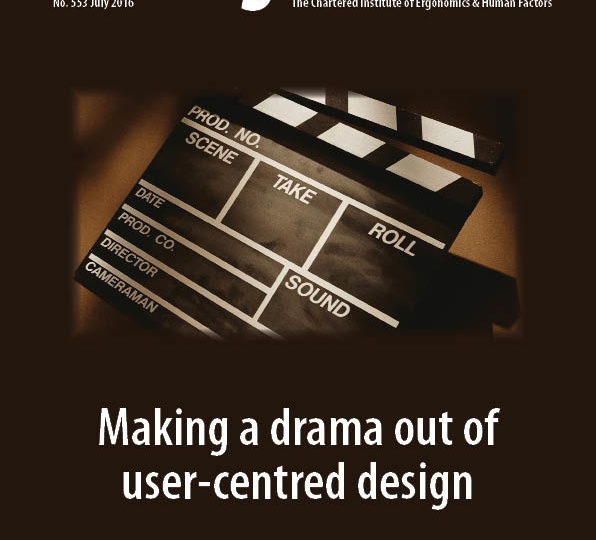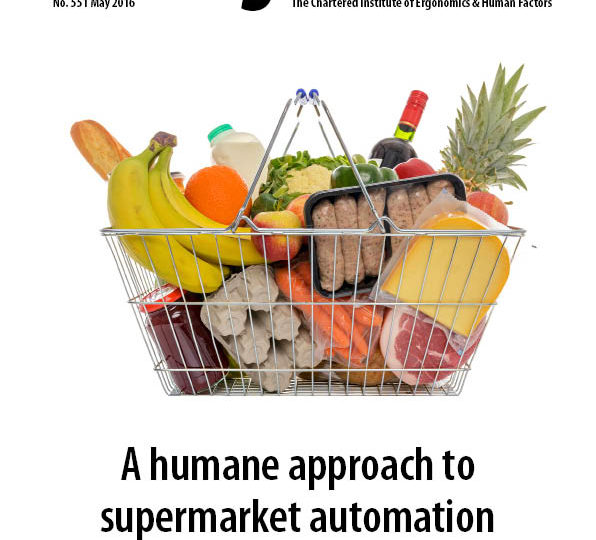
And how can we understand more about the human role within complex systems? You may have well formed ideas about complex systems or, like many of us, you may be struggling to understand what complexity is and what the distinguishing features of a complex system are. Much has been written in the literature about complexity emergence, system boundaries and adaptation, but what does this all mean in practice for our work as ergonomists or human factors specialists?
In June 2014 the first Human Factors in Complex Systems conference was held in Nottingham. This event celebrated the life and work of Professor John Wilson. The conference included contributions from John’s friends and colleagues at Nottingham and around the world. Looking over the programme, the conference had sessions on: nonlinearity in human factors, complexity and emergent behaviours; modelling complex systems; ergonomics theory, practice and design; accidents and system failures (for example in the rail industry); new automation technologies; designing for diverse user groups; implications of big data analytics.
The second Human Factors in Complex Systems event will take place on the 7th and 8th of June 2016, at the same venue in Nottingham. The conference will take a similar format, with a combination of a long and short presentations, posters, panel sessions and debates.
What can you add to discussions and debate at this event? What has happened in your field of work in the last few years and what’s over the horizon? We are surrounded by examples of ‘systemic failure’, ‘hard choices’ and ‘wicked problems’.
To take just a couple of prominent issues that may concern us, there is the ever-present threat or fear of terrorism in our cities and problems of food or water shortages. These and other concerns are often linked to global warming, demographic change, political tensions, and war and disaster.
But complexity is not just evident at a global scale. We are all familiar with risk and threats to our safety from our existing and ever-evolving workplaces, systems, processes and products. We have a desire to travel further, faster, in more comfort and without harm. We have so much data, but often seem to know so little. We are frequently seduced by the promise of new and better futures, for example with artificial intelligence, autonomous vehicles and systems, but what do we really need and want?
What should we be doing to understand complexity and make things simpler? Are we missing something? Should we be doing something different? You still have time to take part and provide your point of view. See the event website at www.hf-complexsystems.org.uk for all details.
Brendan Ryan




